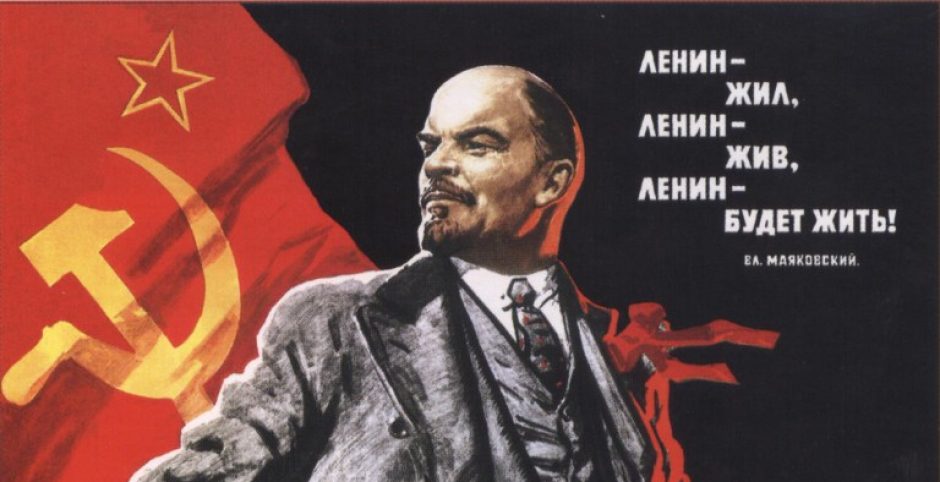I was interested in the justification for torture that Pyotr/Pushkin describes and the argument he uses against it: “In the old days torture was so ingrained in legal procedure that the beneficial decree that abolished it long remained without any effect. The thinking was that a criminal’s own confession was necessary for his full conviction – an idea not only without foundation, but totally contrary to juridical common sense: for if a criminal’s denial is not accepted as proof of his innocence, still less should his confession be proof of his guilt… But in our day nobody doubted the necessity of torture, neither the judges, nor the accused.” (Pushkin, 291) This intrigued me because in the Nakaz, Catherine explains why a confession is not proof of guilt: “The Party accused on the Rack, whilst in the Agonies of Torture, is not Master enough of himself to be able to declare the Truth… In such an Extremity, even an innocent Person will roar out that he is guilty, only to gain some Respite from his Tortures.” (Nakaz, 85) It got me thinking about the way Catherine is portrayed in contrast to Pugachev. Catherine was ahead of her time when it came to torture, yet she executed Pugachev in quite a horrific way; however, this would not be considered torture by her definition because it was not for the purpose of extracting a confession, but rather as punishment for a crime of which he had already been convicted. She also disguises herself as a commoner and listens to Marya’s case, and decides to show her mercy once her true identity is revealed. Pugachev, on the other hand, has no qualms with public hangings and is generally depicted as cruel; however, he does show mercy to Pyotr due to the kindness Pyotr showed him when he (Pugachev) was in disguise.
I was also intrigued by the way serfdom is portrayed in the relationship between Pyotr and Savelyich. Despite Pyotr’s rather brusque treatment of him, Savelyich shows undying loyalty to Pyotr and his father. I was wondering if this was a positive portrayal of serfdom as an institution, demonstrating that serfs do in fact care for their masters, or if it was a positive portrayal of a serf who gives far more than he gets and therefore an argument against serfdom (or at least for better treatment of serfs).
